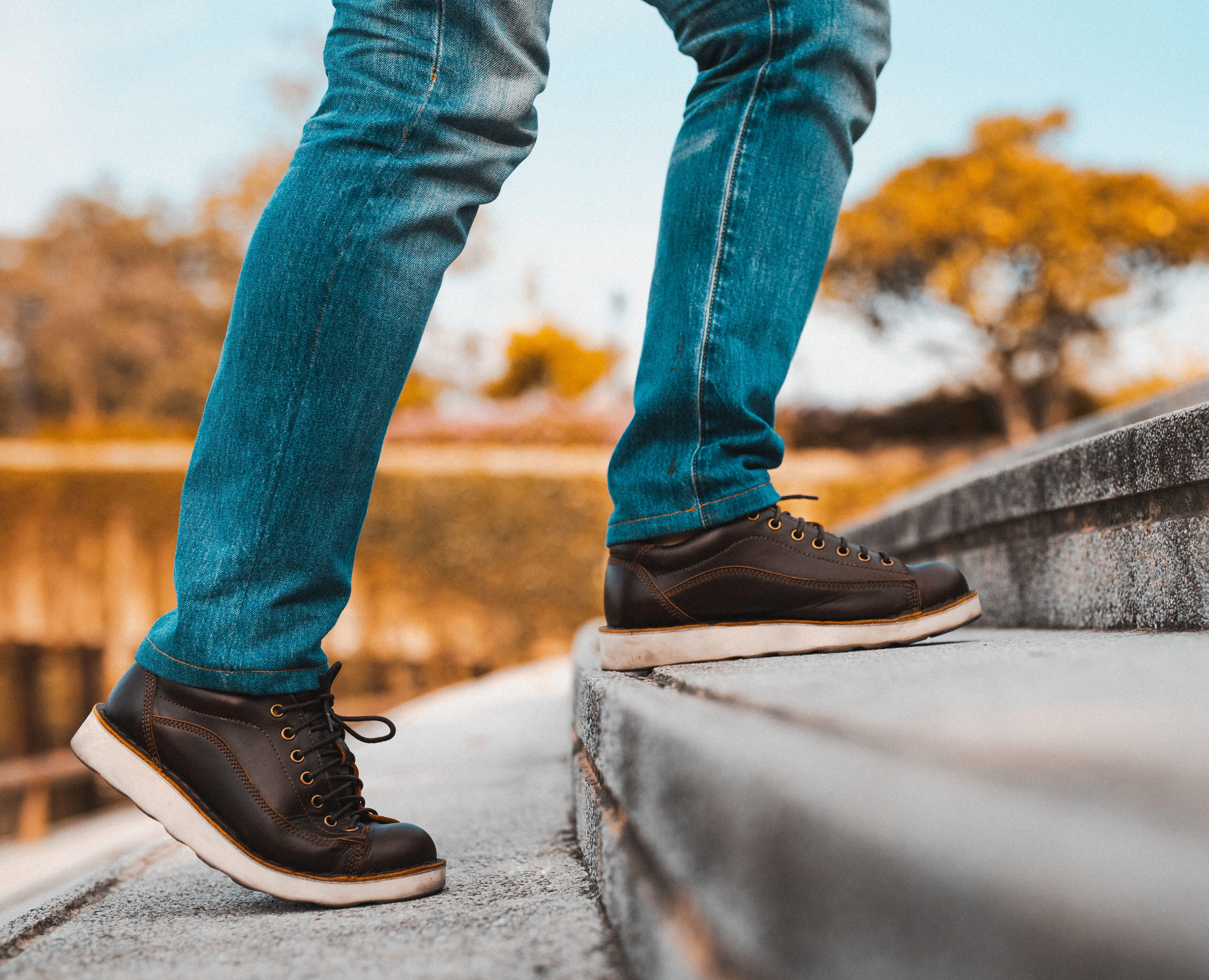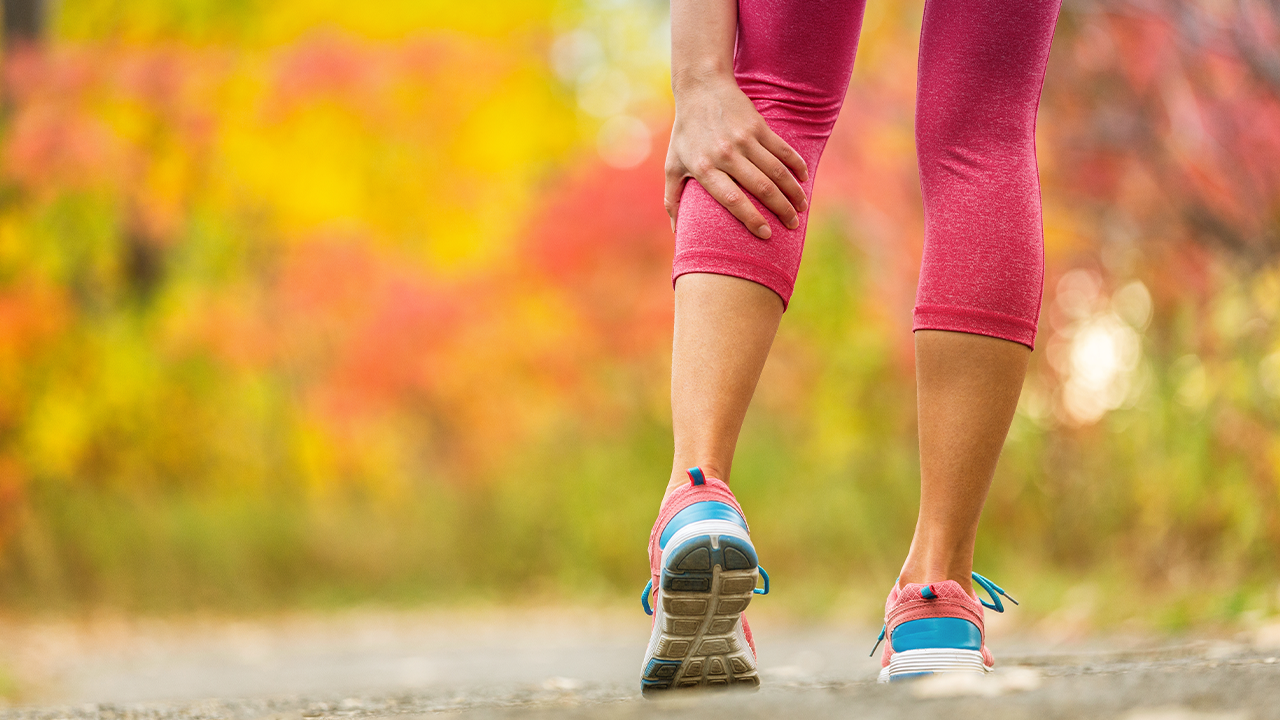Skip to main contentPins and needles in the legs and feet
More articles you will love

Leg Symptoms
Causes & Conditions

Leg Symptoms
Causes & Conditions

Leg Symptoms
Causes & Conditions

Leg Symptoms
Causes & Conditions

Leg Symptoms
Causes & Conditions




